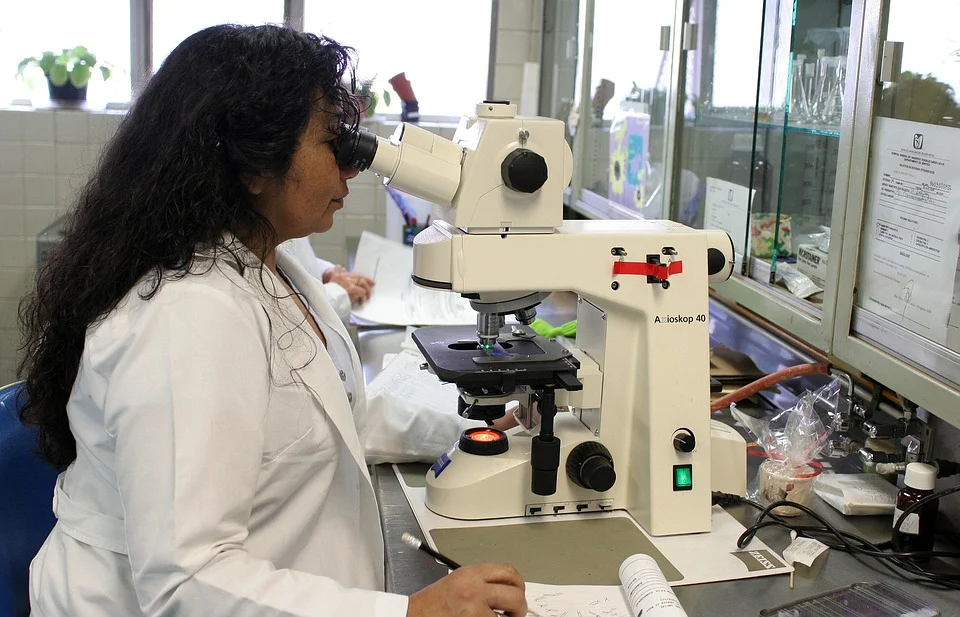In a major leap forward for autoimmune disease research, South Korean researchers have developed a high-resolution genetic analysis tool that can precisely decode the complex immune-related gene cluster linked to lupus. This discovery not only deepens understanding of how lupus begins but also could lead to customized treatments tailored to individual genetic profiles, they say.
Gut bacteria may trigger lupus
Lupus Flare Ups Strongly Linked to Specific Bacterial Growth in Gut
Lupus Worsened by Autoantibodies
In an effort to understand the origin of systemic lupus erythematosus and why some patients present with more severe disease than others, Johns Hopkins Medicine researchers say they have identified a type of autoantibody that may worsen the condition and have also found how these autoantibodies originate (Anti-DNA antibodies are a hallmark of patients with SLE.).
Study identifies potential new approach for treating lupus
Protein in blood could help to treat lupus
Sleep deprivation tied to lupus risk in women
Drug May Reverse Kidney Damage Caused By Lupus
Epstein-Barr virus may be a possible trigger for the development of lupus
Oklahoma Medical Research Foundation (OMRF) scientists have discovered that the Epstein-Barr virus may be a possible trigger for the development of lupus in at-risk individuals.
Scientists have long known lupus has a strong genetic component, but there also must be environmental triggers to activate the disease.
Benlysta Found to Effectively Change B-cell Levels
In a new study, researchers looked at whether treatments targeting B-cell activating factor (BAFF) have an impact on human B-cells, as previous studies have suggested. B-cells are responsible for creating antibodies, including autoantibodies, and are thought to play a role in the development and progression of autoimmune diseases.















